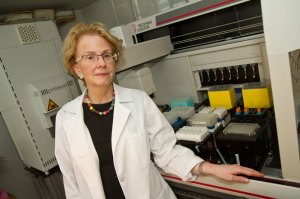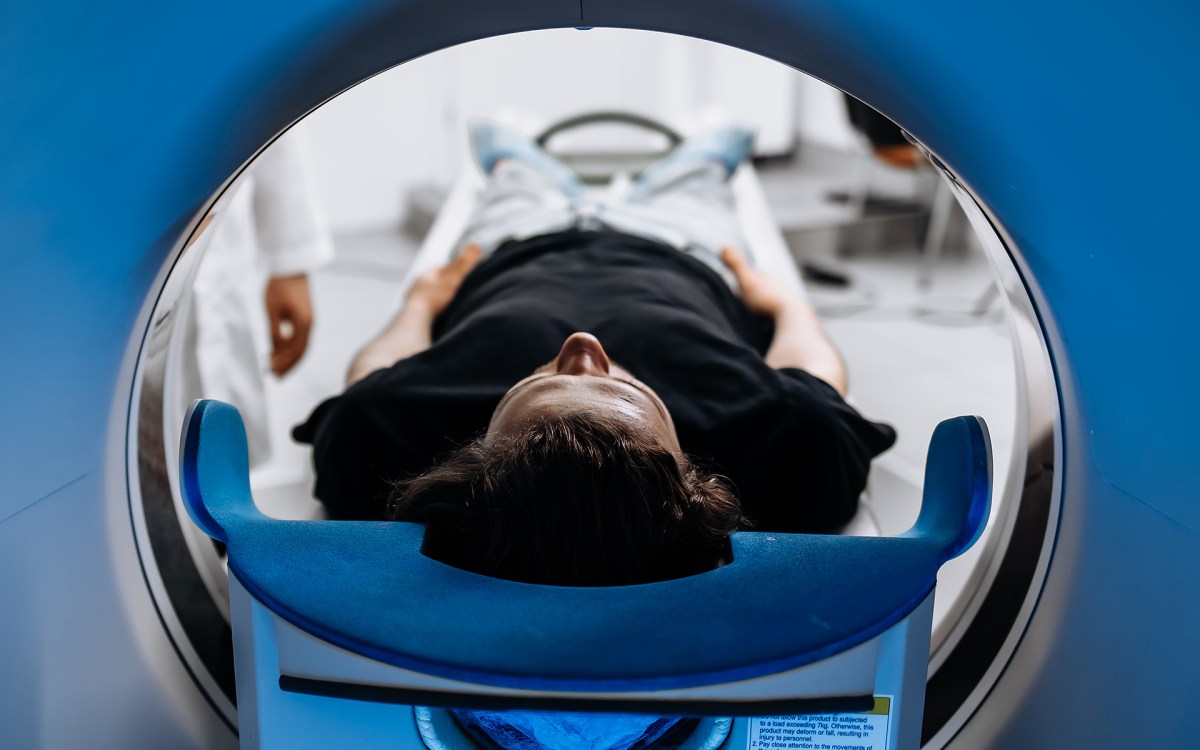Tag: Beta cells
-
Campus & Community
Douglas Melton wins Ogawa-Yamanaka Stem Cell Prize
Douglas Melton, co-director of Harvard Stem Cell Institute and the Xander University Professor in Harvard’s Department of Stem Cell and Regenerative Biology, has been awarded the 2016 Ogawa-Yamanaka Stem Cell Prize from the Gladstone Institutes.

-
Health
First area cell transplantation center
An expansive effort by several Harvard-affiliated units and hospitals has created the first cell transplantation center in the Boston area.
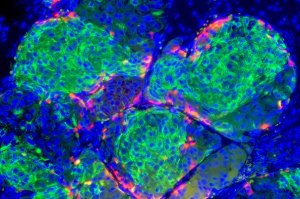
-
Health
Potential diabetes treatment advances
Researchers at MIT’s David H. Koch Institute for Integrative Cancer Research, in collaboration with scientists at the Harvard Stem Cell Institute and several other institutions, have developed an implantable device that in mice shielded insulin-producing beta cells from immune system attack for six months — a substantial proportion of life span.
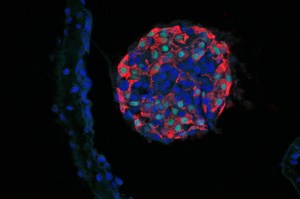
-
Health
Reprogramming cells, long term
Harvard Stem Cell Institute researchers have demonstrated that adult cells, reprogrammed into another cell type in a living animal, can remain functional over a long period. The work is an important advance in the effort to develop cell-based therapies for tissue repair, and specifically in the effort to develop improved treatment for diabetes.
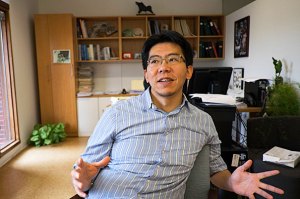
-
Health
Giant leap against diabetes
Harvard stem cell researchers announced a giant leap forward in the quest to find a truly effective treatment for type 1 diabetes, a disease that affects an estimated 3 million Americans.

-
Health
Potential diabetes breakthrough
Researchers at the Harvard Stem Cell Institute have discovered a hormone that holds promise for a dramatically more effective treatment of type 2 diabetes, a metabolic illness afflicting an estimated 26 million Americans.

-
Health
New hope against diabetes
Results from a phase 1 drug trial by Harvard Medical School and Massachusetts General Hospital researchers showed that a decades-old tuberculosis drug knocked out the autoimmune cells that attack diabetic patients’ insulin-producing cells, followed by indications that pancreatic function was improving, albeit transiently.
